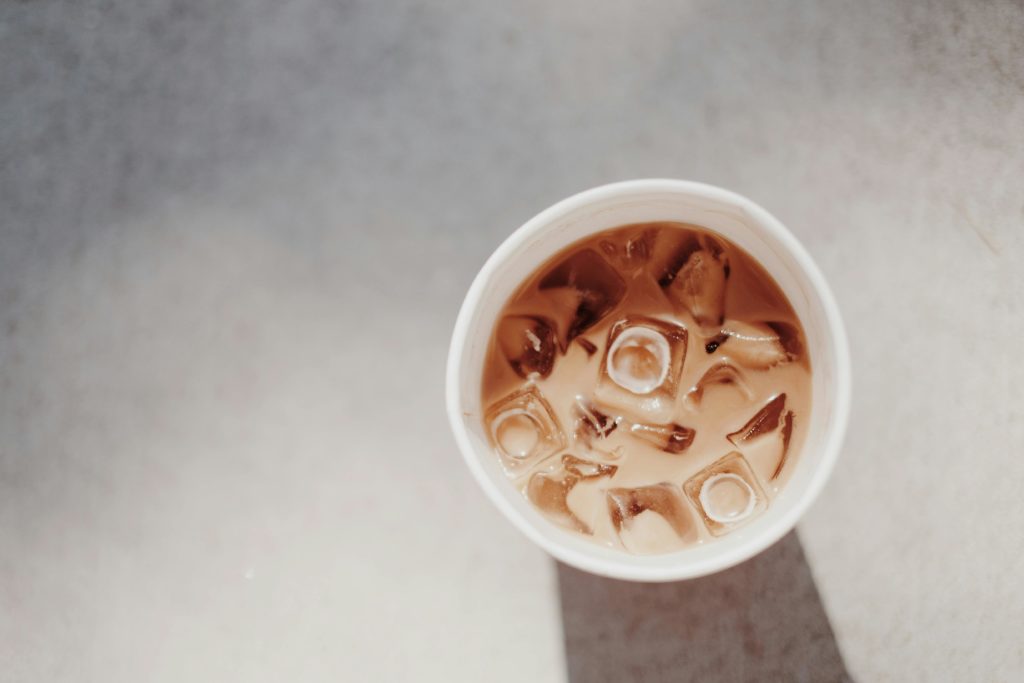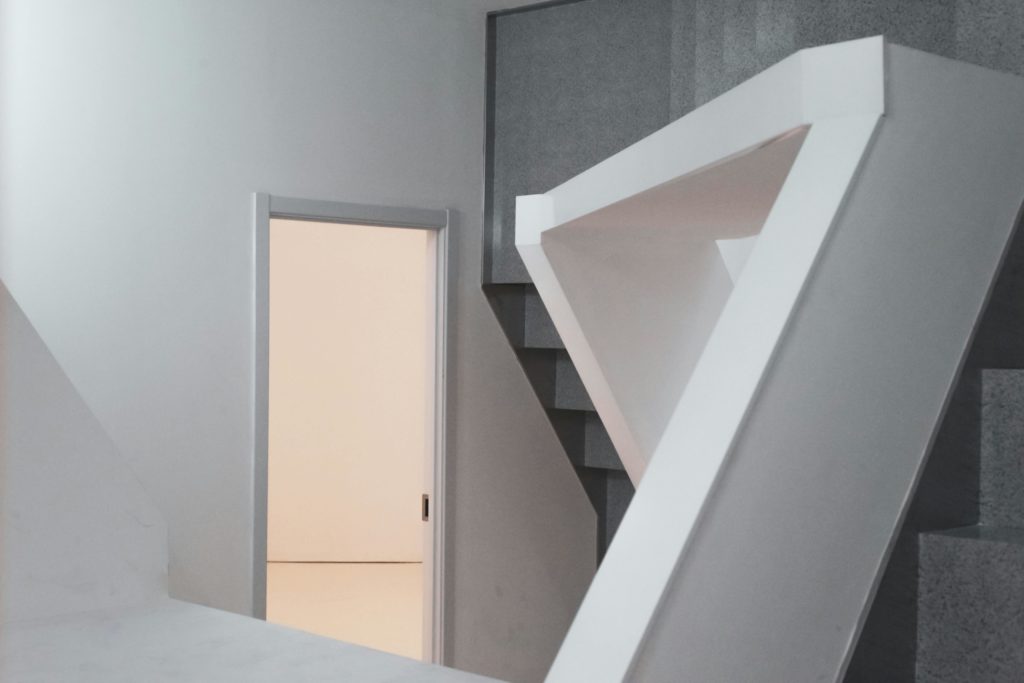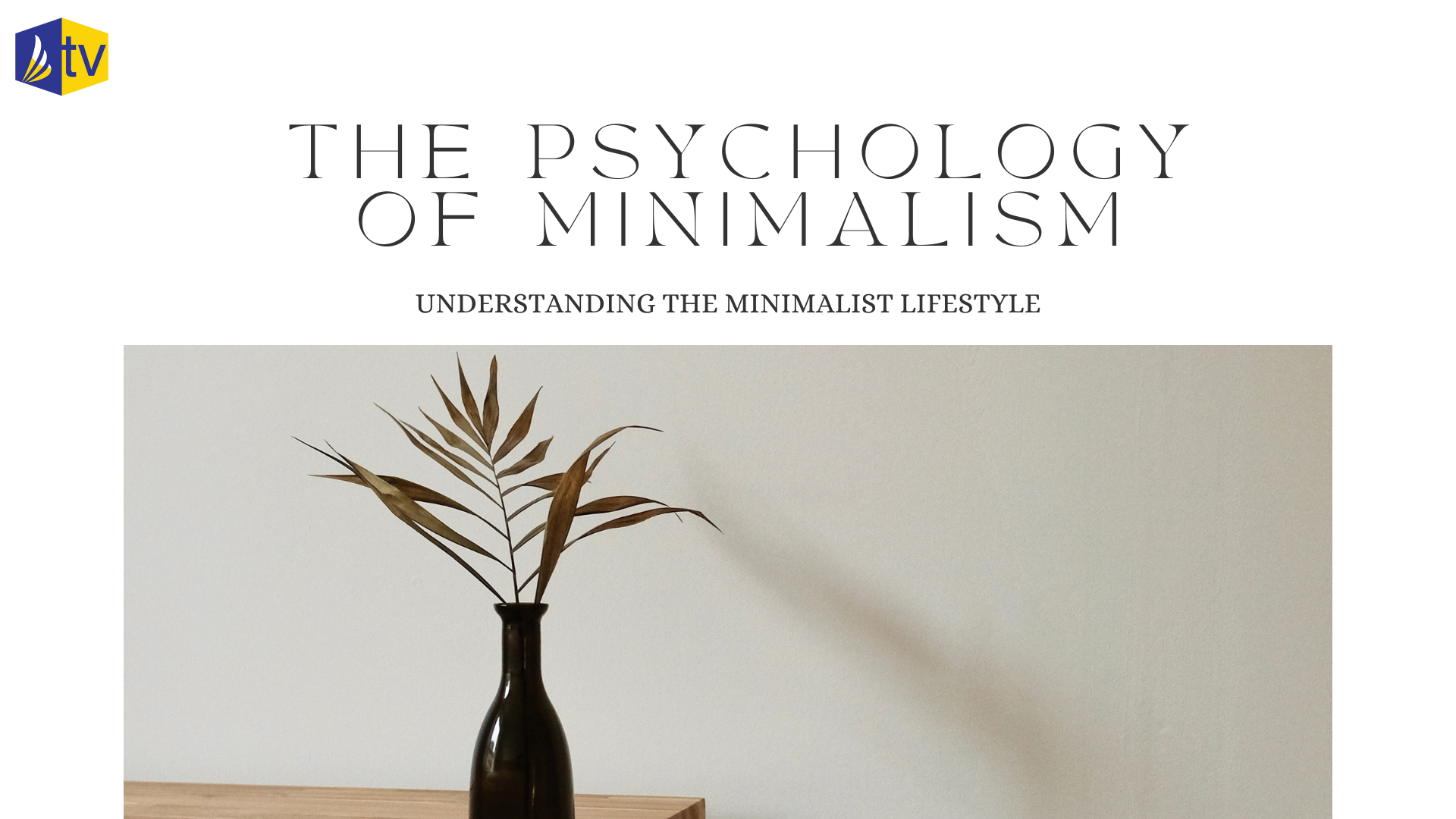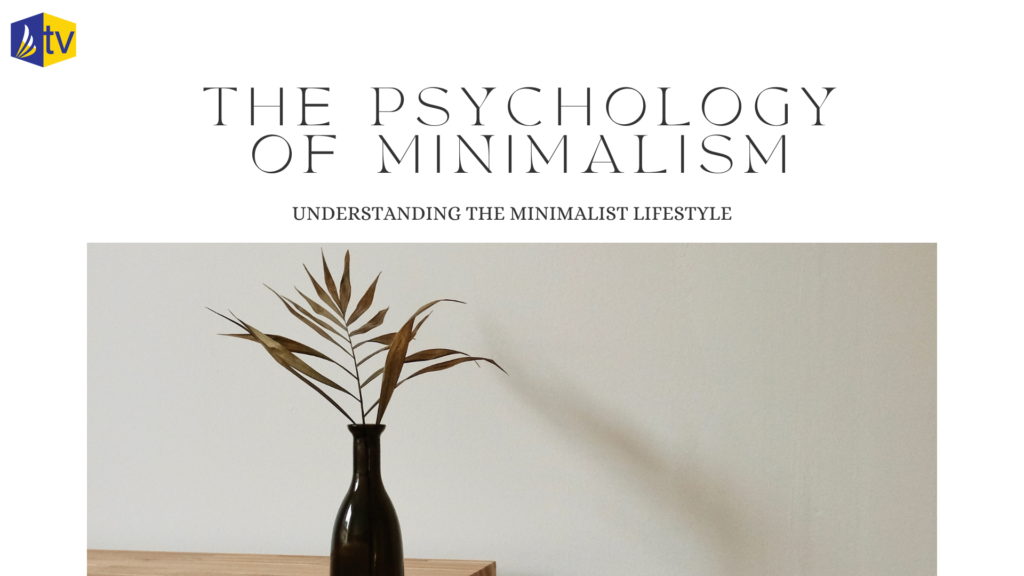“Minimalism” is not as complex as it sounds, with this blog I will share my understanding of the philosophy of minimalism. The issue, of course, is whether or not you believe a word of it.

“As an alternative to the high-consumption lifestyle often found in Western cultures, voluntary simplicity (also referred to as minimalism) involves a lifestyle focused on reducing consumption and excess in one’s life so that individuals can focus on prioritizing their values.” To better understand the connection between minimalism and happiness, Hook and his team scoured the research literature for all published studies. They found 23 such studies. Next, they tested to see how many of these studies supported the hypothesis that minimalism/voluntary simplicity is associated with enhanced psychological well-being. They found that, among the studies that included a quantitative (i.e., numerical) component, more than 80 percent reported a connection between voluntary simplicity and well-being. For example, a 2005 study led by Kirk Brown of the University of Rochester compared 200 self-identified voluntary simplifiers and 200 matched control participants and found that voluntary simplifiers exhibited more positive emotion and well-being than did control participants. And, among the studies that included a qualitative (i.e., interview) component, more than 85 percent found a link between voluntary simplicity and well-being.“Overall, the vast majority of studies found a positive relationship between voluntary simplicity and well-being,” state the researchers. “This finding was mostly consistent irrespective of how voluntary simplicity and well-being were measured and it was also consistent across both quantitative and qualitative research designs.”.

The bare necessities approach of minimalism can help people keep their living space stress-free, taking away a big chunk of anxiety and work they previously worried about. This also relieves brain space to pursue other activities that are more enjoyable than straightening up one’s house. The benefits of living a minimalist lifestyle can vary by person, but many people find it helps create physical, mental, and emotional space. Some people may find excess clutter anxiety-inducing, so adopting a minimalist lifestyle may help relieve some of that.

Author:- Khushi Dhital.














